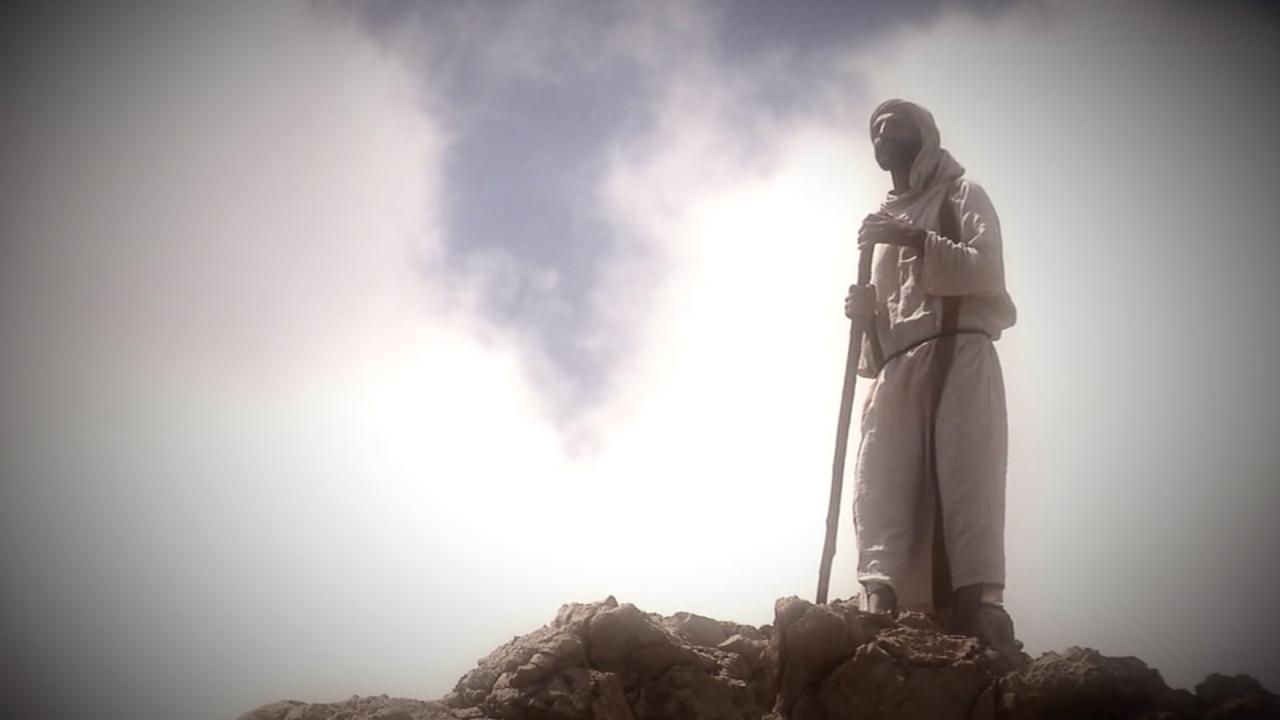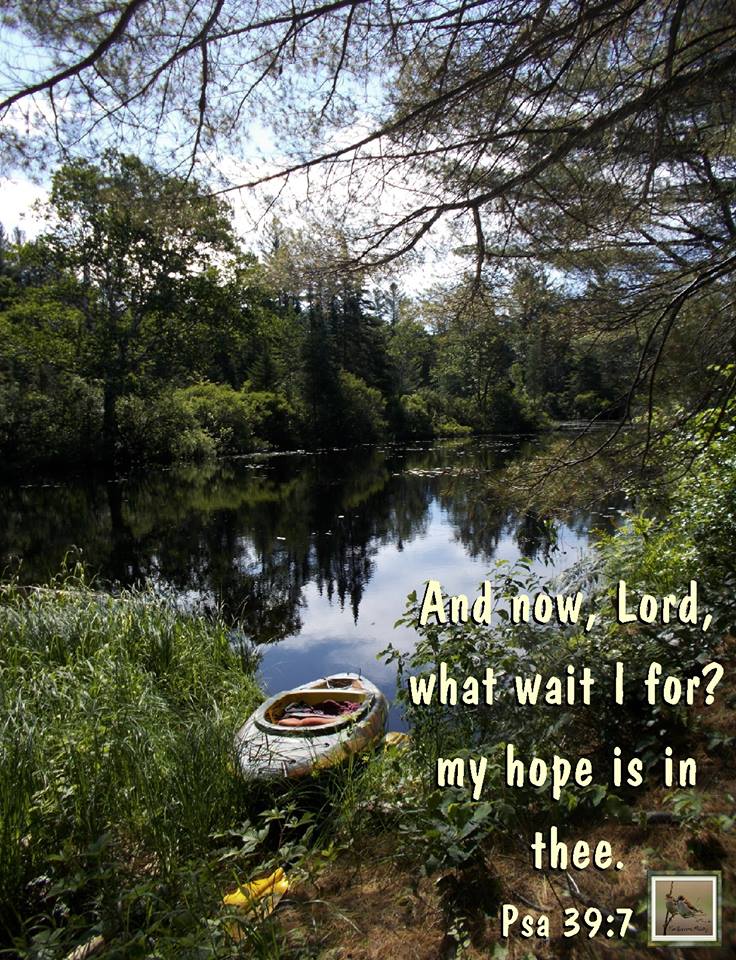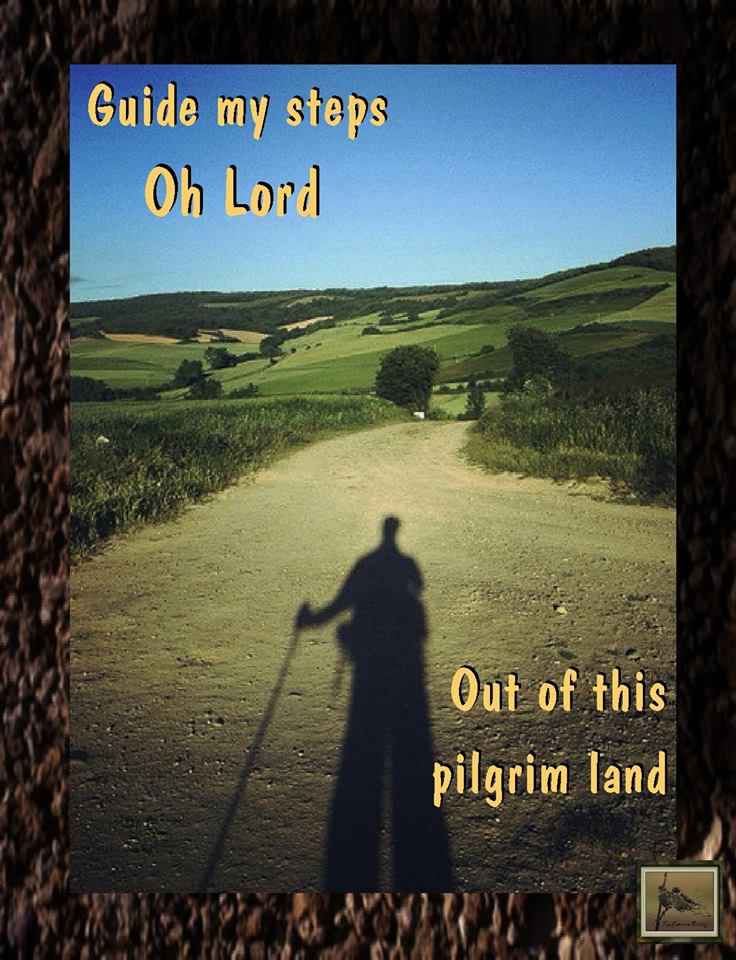Ministers Need Rest
And he said unto them, Come ye yourselves apart into a desert place, and rest a while: for there were many coming and going, and they
had no leisure so much as to eat. Mark 6:31
And he said unto them, Come ye yourselves apart into a desert place, and rest a while: for there were many coming and going, and they
had no leisure so much as to eat. Mark 6:31
Jesus knew the importance of hard work better than anyone did. He said, I must work the works of Him who sent Me while it is day; the night is coming when no one can work. John 9:4
At the same time, He knew that we can only be most effective at work when we also take time for rest. Jesus and the disciples were constantly busy, so Jesus took them away to a deserted place for some rest.
"Come ye yourselves apart into a desert place, and rest a while": where they might be free from noise and hurry, and take some rest and refreshment, after their wearisome journey, hard labors, and great fatigue in preaching and working miracles; which shows the great compassion, tenderness, and care of Christ, for his disciples:
The disciples came back from a successful time of ministry, being sent by Jesus into the towns of Galilee Mark 6:7-12. When they returned, Jesus knew they needed a time of rest. Jesus knew when it was time to work, and He knew when it was time to rest.
The invitation shows the care which Jesus took in the training of His disciples, and at the same time the necessity for effective service of intervals of quiet fellowship with Him.
There is a kindly considerateness in the words of Christ, a friendly sympathy with what may be called the lesser sufferings of our nature, which may give us confidence in still putting before Him the smallest wants and weaknesses. He had an end in view that took in the whole world, but He was not of those iron-hearted philanthropists who are cruel to men that they may work out their scheme for man, and who break their instruments in the passion for their theory. The zeal of God’s house consumed Him; He had compassion on the multitudes, and spent Himself for them; but He devised hours of repose for His weary fellow-workers.
There's principles to this invitation to rest, that will be explored.
Rest is the result and the fruit of labor and toil; it is the right and duty of workers. The second principle is, that its proper object is to prepare us for further work. Another principle, is to maintain our souls, and spirits in communion with God, and seek His presence, and guidance in our work. It's necessary to always remind ourselves-apart from Him we can do nothing. If we are working with zeal and in a frenzy, God is not impressed. It's not by might, nor by our power, but by His Spirit, that we must move and work in our ministries-if we get into the flesh, we are in the realm of dead works.
At the same time, He knew that we can only be most effective at work when we also take time for rest. Jesus and the disciples were constantly busy, so Jesus took them away to a deserted place for some rest.
"Come ye yourselves apart into a desert place, and rest a while": where they might be free from noise and hurry, and take some rest and refreshment, after their wearisome journey, hard labors, and great fatigue in preaching and working miracles; which shows the great compassion, tenderness, and care of Christ, for his disciples:
The disciples came back from a successful time of ministry, being sent by Jesus into the towns of Galilee Mark 6:7-12. When they returned, Jesus knew they needed a time of rest. Jesus knew when it was time to work, and He knew when it was time to rest.
The invitation shows the care which Jesus took in the training of His disciples, and at the same time the necessity for effective service of intervals of quiet fellowship with Him.
There is a kindly considerateness in the words of Christ, a friendly sympathy with what may be called the lesser sufferings of our nature, which may give us confidence in still putting before Him the smallest wants and weaknesses. He had an end in view that took in the whole world, but He was not of those iron-hearted philanthropists who are cruel to men that they may work out their scheme for man, and who break their instruments in the passion for their theory. The zeal of God’s house consumed Him; He had compassion on the multitudes, and spent Himself for them; but He devised hours of repose for His weary fellow-workers.
There's principles to this invitation to rest, that will be explored.
Rest is the result and the fruit of labor and toil; it is the right and duty of workers. The second principle is, that its proper object is to prepare us for further work. Another principle, is to maintain our souls, and spirits in communion with God, and seek His presence, and guidance in our work. It's necessary to always remind ourselves-apart from Him we can do nothing. If we are working with zeal and in a frenzy, God is not impressed. It's not by might, nor by our power, but by His Spirit, that we must move and work in our ministries-if we get into the flesh, we are in the realm of dead works.
Seclusion with Christ
The Higher Use of Retirement
The Higher Use of Retirement
The purposes for which this retirement is needed-“They had not leisure so much as to eat.”
1. Our physical nature requires it.
2. For our spiritual health. The late Sir E. Parry was remarkable for his regular observance of devotional exercise on board his ship, and equally for his skill and presence of mind in times of danger. “Keep yourselves in the love of God.” There is much growth of a warm, still, summer’s night, when the dew is quietly descending on the plant.
3. To prepare us for usefulness. Lamps must be secretly fed with holy oil.
4. To prepare us to be alone with Christ at last.
(1) Here is a test for your state. Can you bear His presence alone.
(2) Secure time for being alone with Christ. By rising early; by being less in company with the world; by planning how you will spend a day.
(3) Assist others to obtain it. However, seeking God in this depth-few of the world will desire; only those who have a driving hunger for the living God-will seek advice in this realm. Those who run after Jesus with this kind of hunger are looked at by the world as fanatics, and religious zealots. I'm among the guilty.
(excerpts from Biblical Illustrator)
"It will amply repay the pilgrim to turn aside sometimes from the beaten track; for the incidental teachings of the Blessed Life, like the wild flowers of the glen, or the fern sheltering in the fissure, or the silver stream dripping from the rock, or the still pool with its myriad beauties, are no inconsiderable element in the attainment of that wisdom whose ways are pleasantness, and whose paths are peace. The lessons of the story are broad and obvious. Foregoing the lessons of this story as a whole, it will be profitable to give our attention to that one feature of it which is enshrined in the words: “Come ye yourselves apart into a desert place, and rest awhile.”
For with what graphic force do the words on which the Master’s invitation was based describe the unrest of today-“There were many coming and going.” We meet it everywhere. On all sides one is brought face to face with work-exciting, bewildering, exhausting. This is not an eccentricity, an abnormal and therefore transitional phenomenon; it is a necessity of the times. The energy which at one time commanded a fortune is now needed to win one’s daily bread. Inventions which once excited the wonder of the world are now regarded as curiosities. The scholarship which a century ago secured a European reputation now provokes a smile. This is growing upon us. Such a state of things cannot be viewed without anxiety. Physiologically, or from the standpoint of the political economist, this wear and tear of life is serious. In the home life of today the absorbing interests of the outside world are telling with terrible force. But it is in its influence upon the moral and religious life that the present unrest is to be viewed with the gravest anxiety. The claims of the day upon a man’s thought, energy, time, are not only perilous; they are fatal to the true and healthy growth of the soul; and where there is no growth there is decay.
The preservative against the dangers of the prevalent unrest and excitement which the words of the Master suggest-“Come ye … and rest awhile.” For there is no peril, no necessity, to which the resources of Divine grace and sympathy are not adjusted. It might seem superfluous to dwell, even for a moment, on the imperative need there is for physical rest in these days when there are “many coming and going.”
1. Our physical nature requires it.
2. For our spiritual health. The late Sir E. Parry was remarkable for his regular observance of devotional exercise on board his ship, and equally for his skill and presence of mind in times of danger. “Keep yourselves in the love of God.” There is much growth of a warm, still, summer’s night, when the dew is quietly descending on the plant.
3. To prepare us for usefulness. Lamps must be secretly fed with holy oil.
4. To prepare us to be alone with Christ at last.
(1) Here is a test for your state. Can you bear His presence alone.
(2) Secure time for being alone with Christ. By rising early; by being less in company with the world; by planning how you will spend a day.
(3) Assist others to obtain it. However, seeking God in this depth-few of the world will desire; only those who have a driving hunger for the living God-will seek advice in this realm. Those who run after Jesus with this kind of hunger are looked at by the world as fanatics, and religious zealots. I'm among the guilty.
(excerpts from Biblical Illustrator)
"It will amply repay the pilgrim to turn aside sometimes from the beaten track; for the incidental teachings of the Blessed Life, like the wild flowers of the glen, or the fern sheltering in the fissure, or the silver stream dripping from the rock, or the still pool with its myriad beauties, are no inconsiderable element in the attainment of that wisdom whose ways are pleasantness, and whose paths are peace. The lessons of the story are broad and obvious. Foregoing the lessons of this story as a whole, it will be profitable to give our attention to that one feature of it which is enshrined in the words: “Come ye yourselves apart into a desert place, and rest awhile.”
For with what graphic force do the words on which the Master’s invitation was based describe the unrest of today-“There were many coming and going.” We meet it everywhere. On all sides one is brought face to face with work-exciting, bewildering, exhausting. This is not an eccentricity, an abnormal and therefore transitional phenomenon; it is a necessity of the times. The energy which at one time commanded a fortune is now needed to win one’s daily bread. Inventions which once excited the wonder of the world are now regarded as curiosities. The scholarship which a century ago secured a European reputation now provokes a smile. This is growing upon us. Such a state of things cannot be viewed without anxiety. Physiologically, or from the standpoint of the political economist, this wear and tear of life is serious. In the home life of today the absorbing interests of the outside world are telling with terrible force. But it is in its influence upon the moral and religious life that the present unrest is to be viewed with the gravest anxiety. The claims of the day upon a man’s thought, energy, time, are not only perilous; they are fatal to the true and healthy growth of the soul; and where there is no growth there is decay.
The preservative against the dangers of the prevalent unrest and excitement which the words of the Master suggest-“Come ye … and rest awhile.” For there is no peril, no necessity, to which the resources of Divine grace and sympathy are not adjusted. It might seem superfluous to dwell, even for a moment, on the imperative need there is for physical rest in these days when there are “many coming and going.”
THE SYMPATHY AND COMPASSION OF JESUS
When the Apostles returned they had much to tell. Some were flushed with success, others radiant with victory over demons, others, perhaps, overstrained and weary, and all needing the quiet, holy influence of repose and silence in the Lord’s company. And in those quiet hours or days, as the fever passed out of them, He taught them memorable lessons of how He would feed the world by His Church, and how His people would be safe amid the storms that swept the sea, for always he would watch them from the height, and come to them at the moment when His help was most needed. Christ sits as host at the great table of the Church, and the meager resources of His servants yield the starting point for His multiplication of bread. He bids us go and consider how little we have, that we may properly estimate the greatness of His help. Notice how the upward look precedes the breaking and giving. There is enough for each, not of bread alone, but of fish; and the disciples are refreshed by another kind of ministry. So the Lord recreates us by turning exhausted energies into new channels. What threatens to overpower us brings Christ to our side. But His footsteps must be arrested, if we would have His company. Where Jesus is, storms cease and the sick are made whole. F.B. Meyer









